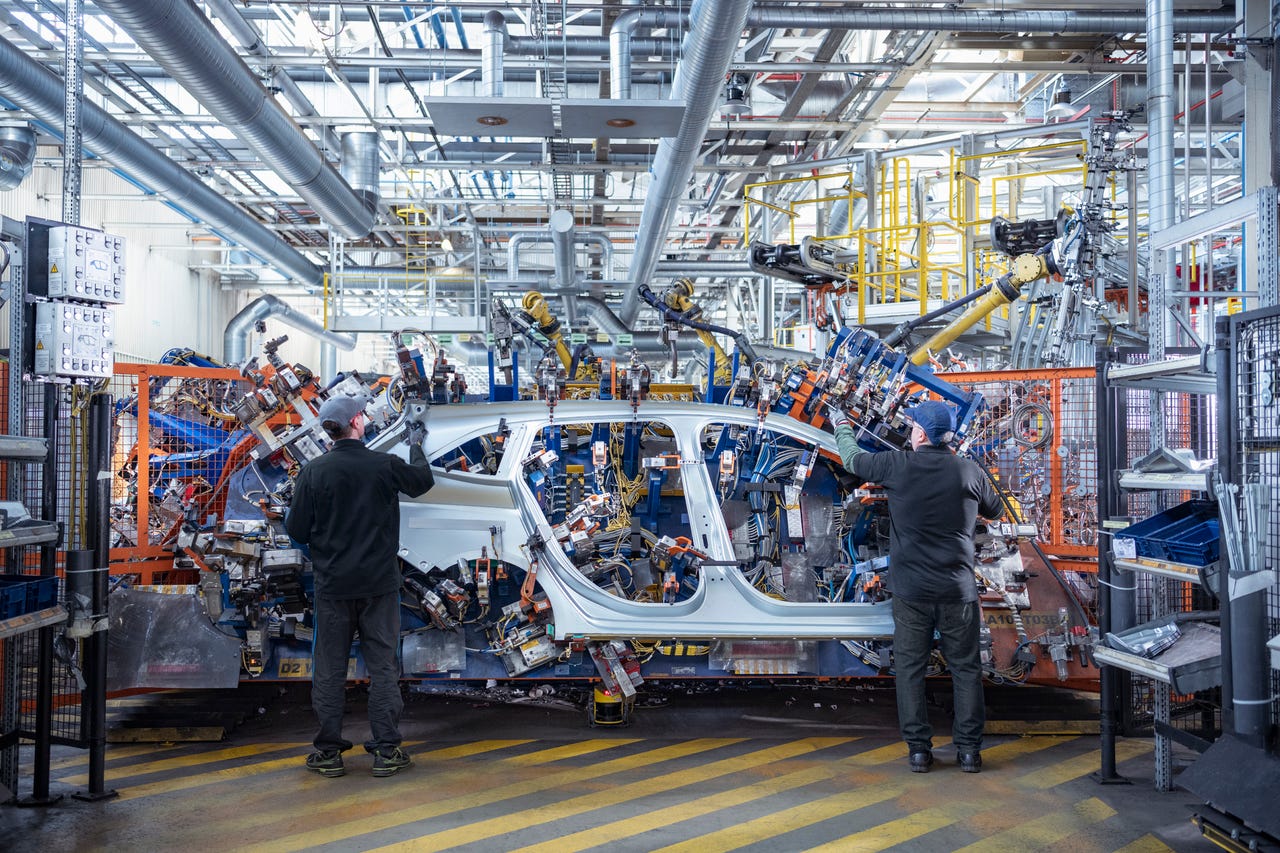
































Artificial intelligence and machine learning are bursting at the seams, expanding well beyond the bounds of IT departments and specialties. The future belongs to those professionals -- both technical and business -- who see and understand how AI will support the progress of the entire business.
In short, technologists need to become business leaders, and business leaders need to become technologists.
Also: 5 ways to prepare for the impact of generative AI on the IT profession
That's the word in a new consensus report that synthesizes the views of leading futurists from around the world, published by Tata Consultancy Services (TCS).
"AI will ultimately drive technology professionals to speak the language of business, and vice versa," prediccted Alexandra Whittington, a TCS futurist and co-author of the report. Technology professionals who "were previously only skilled in technical matters will feel a greater need to develop a baseline understanding of other business functions, from HR to legal, in order to be effective in the future," she added.
(Noteworthy: The study's co-authors employed generative AI to add analysis and draft the study, "with close supervision and collaboration with TCS futurists.")
Future technology careers "will focus on cross-discipline knowledge and integration," Ashok Krish, global head of TCS' AI.Cloud advisory, said in the report. "Professionals will need to look across a set of technologies holistically and understand how to stitch it all together -- like a mechanic who is not an expert at one individual function of a car but knows how everything fits together to make it work and perform optimally."
Thus, the technology and businesspeople assembling AI-based solutions are, in short, "mechanics of the future," Whittington agreed. As AI is adopted, organizations "democratize access to technology, with the need for human oversight and strategic implementation remaining. These mechanics of the future will specialize in the ability to see and understand how the underlying technology is supporting the entirety of the business -- how different platforms and systems stitch together."
Also: Workers with AI skills can expect higher salaries - depending on their role
A recent New York Times article echoed this theme. "Technical and data skills that have been highly sought after for decades appear to be among the most exposed to advances in artificial intelligence," Aneesh Raman, workforce expert at LinkedIn, and Maria Flynn, president of Jobs for the Future, wrote. "But other skills, particularly the people skills that we have long undervalued as soft, will very likely remain the most durable. That is a hopeful sign that AI could usher in a world of work that is anchored more, not less, around human ability."
A hybrid blend of technical and business skills is needed by this next generation of tech roles. "Skills like critical thinking, problem-solving, and understanding complex systems" are coming to the forefront, Brian Neuhaus, Americas chief technology officer at Vectra AI, said. "Essential knowledge in network security, system architecture, and computer science fundamentals, along with soft skills such as leadership and project management, remain indispensable."
"AI and ML's ability to drive efficiency and streamline a plethora of job functions and tasks spanning industries holds immense power in revolutionizing the workforce," Neuhaus said. "It is not that skills are being eliminated by AI and ML; rather, the technology is helping to simplify and facilitate current skills and operations so that professionals have more time to focus on other tasks that are imperative to their organization."
Also: Beyond programming: AI spawns a new generation of job roles
Neuhaus continued, "the automation potential of AI and ML in organizations is promising, particularly for repetitive, data-intensive tasks like data entry and skills like basic coding, and aspects of network management. Traditional IT roles risk obsolescence without adaptation to AI/ML integration, so it is not a matter of what skills will be usurped or eliminated by AI/ML, but rather what skills can AI/ML augment to avoid IT and technology roles from becoming outmoded."
Technology executives across industries agree that tech professionals need to think in terms of serving as either consultants, innovators, or leaders to the business. "It's important to think of AI as a way to augment human capabilities -- not replace them," Fredrik Nilsson, VP of the Americas at Axis Communications, said. "Real-life AI applications involve working with companies to help them become more productive."
"To stay relevant in any labor market, it's important to always be learning and ensure you are prepared to leverage today's latest tools," Nilsson said. "Just like the advent of computers led to programs such as Microsoft Word and Excel spreadsheets -- not to mention tools like CAD -- automation and AI have become a part of everyday life. Remaining competitive in the workforce required employees to educate themselves on how to use those programs effectively. AI is no different. A willingness to learn will continue to be the most important skill in almost any industry."
Also: 5 ways to prepare for the impact of generative AI on the IT profession
The roles of engineers aren't going away anytime soon, "but they will most likely spend less time coding and more time on tasks like collaboration and communication," Raman and Flynn said. "We also believe that there will be new categories of jobs that emerge as a result of AI's capabilities -- just like we've seen in past moments of technological advancement -- and that those jobs will probably be anchored increasingly around people skills."
 Горячие метки:
3. Инновации
Горячие метки:
3. Инновации